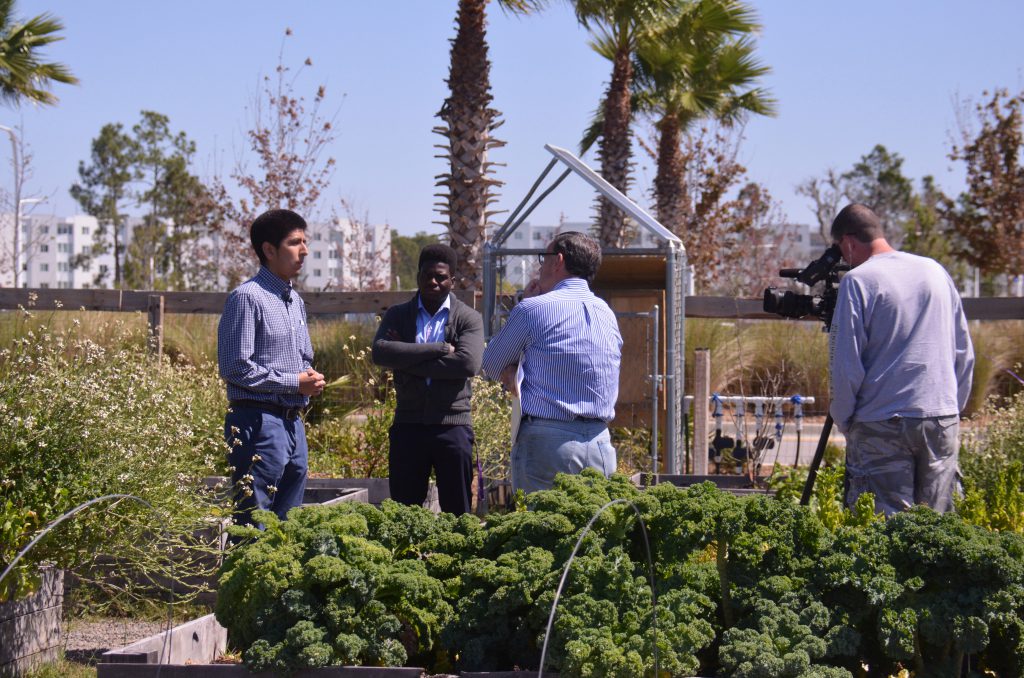|
Robotics is a rapidly advancing field that has the potential to revolutionize numerous industries and play a transformative role in our daily lives. With advancements in artificial intelligence (AI), machine learning, and sensor technology, robots are becoming increasingly sophisticated and capable of performing a wide range of tasks. This article explores the current state of robotics and the significant impact it is likely to have on various sectors. One of the most notable fields where robotics is making strides is manufacturing. Industrial robots have been employed for several decades, but recent advancements have allowed for more flexible and collaborative robots known as cobots. These robots can work alongside humans, enhancing productivity and efficiency in factories. They can handle repetitive tasks, operate heavy machinery, and perform intricate assembly processes with precision. As a result, manufacturers can streamline their operations, reduce costs, and improve overall quality control. Another area where robotics is making significant headway is healthcare. Robotic surgical systems, such as the da Vinci Surgical System, have already proven their efficacy in performing minimally invasive procedures with enhanced precision and reduced recovery time. Additionally, robotic exoskeletons are being developed to assist individuals with mobility impairments, empowering them to regain independence and improve their quality of life. Furthermore, the application of robotics extends to agriculture, where autonomous drones and robots equipped with AI and computer vision technology can monitor crops, apply pesticides selectively, and optimize irrigation systems. This not only improves crop yields but also reduces environmental impact by minimizing the use of chemicals and water resources. In the realm of transportation, self-driving cars are poised to disrupt the automotive industry. Companies like Tesla, Waymo, and Uber are investing heavily in autonomous vehicle technology to create safer and more efficient transportation systems. These vehicles rely on sensing technologies, including radar, lidar, and cameras, along with advanced algorithms to navigate roads and make informed decisions in real-time. Beyond these sectors, robotics is finding applications in disaster response, space exploration, entertainment, and even personal assistance. The potential for robots to assist in search and rescue missions, explore other planets, entertain audiences with lifelike animatronics, and perform household chores is vast. However, as robotics continues to evolve, ethical considerations must be taken into account. Questions regarding job displacement, privacy, and the potential misuse of AI-powered robots need to be addressed proactively. It is crucial to strike a balance between harnessing the benefits of robotics while ensuring human well-being and societal harmony. In conclusion, robotics is transforming the way we live and work. With advancements in AI, machine learning, and sensor technology, robots are becoming increasingly capable and versatile. From manufacturing to healthcare, agriculture to transportation, robotics is revolutionizing various industries and offering solutions to complex challenges. While the field holds immense promise, it is essential to approach it responsibly and ethically to fully realize its potential for the betterment of humanity.  |
